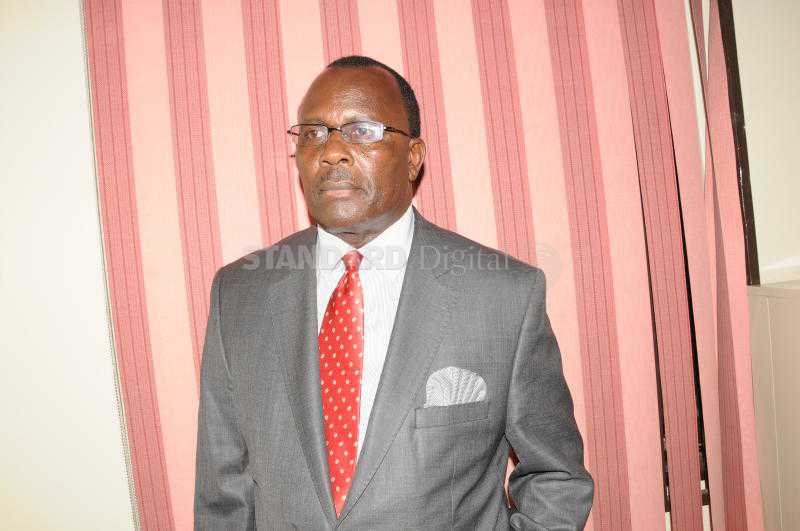
Insurance brokers have warned of a looming extinction of their business as underwriters increasingly opt for direct contact with policy buyers. The Association of Insurance Brokers of Kenya said direct procurement, especially by public entities, has emerged as one of the trends that threaten their survival. Mr Omolo talks to Financial Standard about the challenges facing the sector and how they overcame them.
What is the current insurance uptake in Kenya compared to her peers?
It’s not good and not bad. The current average insurance penetration level in Kenya is at three per cent of the GDP compared to South Africa at 12 per cent. In the East Africa region, we are followed by Tanzania and Uganda at less than one per cent.